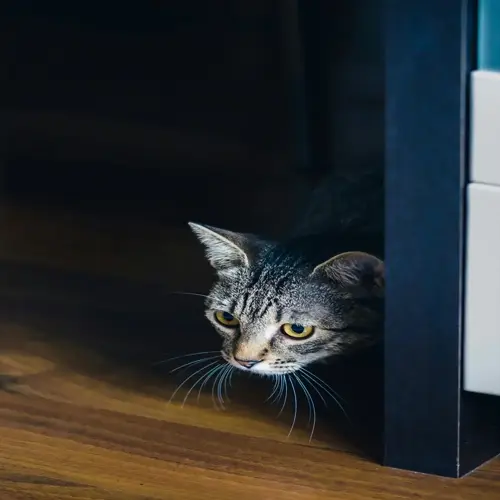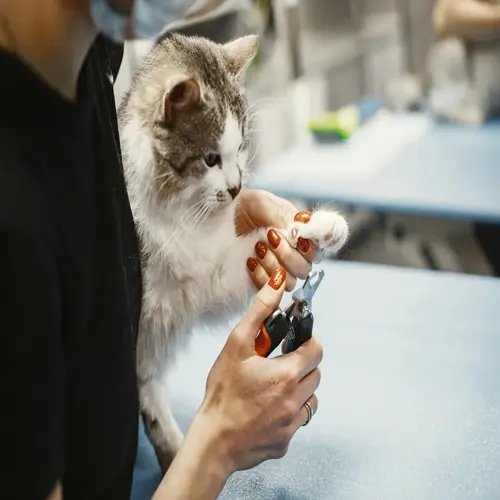Can personality indicate health issues?

Written by
David Smith
Reviewed by
Prof. Henry Webster, Ph.D.Variations in personality can often uncover hidden health problems in cats. An affectionate cat becoming cranky may indicate pain. A socially withdrawn cat, one that refrains from human contact, could be a sign of illness. Keeping track of these changes gives important health clues. I have diagnosed many conditions in cats by observing changes in their behavior.
Pain Indicators
- Agreeable cats becoming aggressive when touched
- Reduced jumping in previously active cats
- Hiding behaviors in normally social felines
- Excessive grooming at specific body areas
Cognitive Decline
- Increased confusion in familiar environments
- Staring at walls or getting 'lost' at home
- Vocalizing excessively at night
- Personality flattening in senior cats
Metabolic Disorders
- Lethargy in typically playful hunters
- Increased irritability from thyroid imbalances
- Personality shifts correlating with weight changes
- Altered litter box habits signaling kidney issues
Establish a healthy baseline personality profile of your cat. Write down how often your cat eats, plays, sleeps, and is social. This base can serve as an indicator of the deviation of a personality from its average. One method I have found my clients use is to keep a simple journal of their daily interactions and activities.
Distinguish between temporary and troubling changes. *Stress-induced changes* from a move or new pet will clear themselves in a few weeks. However, lasting changes that persist for over a month require veterinary attention. I helped diagnose a cat's diabetes, where 'laziness' was actually a symptom of weakness.
Be prepared to visit the veterinarian with specific observations completed. Indicate when changes started and how they have progressed. Record videos of concerning behavior. This will help you provide more detailed information and pinpoint causes more quickly. Your notes become diagnostic tools for professionals.
Read the full article: 5 Cat Personality Types: Know Your Feline

